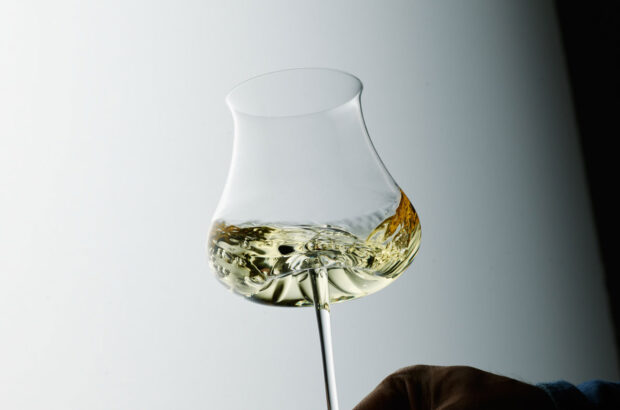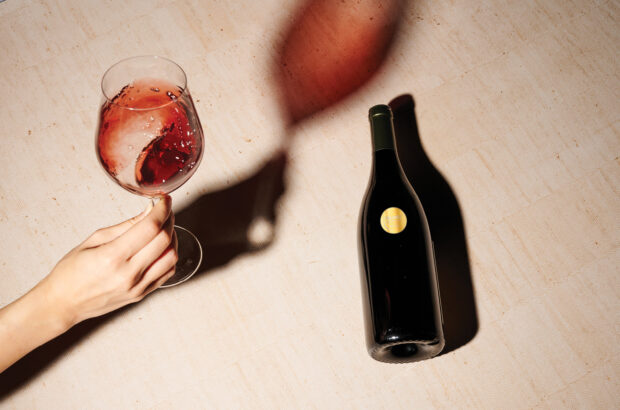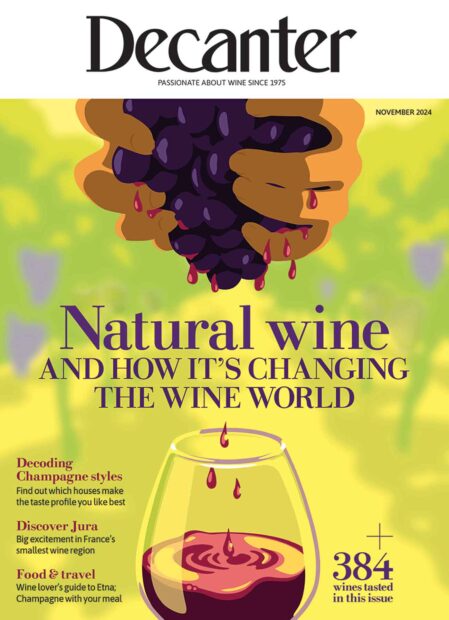Snap up these 2012 reds and 2013 whites for now or for the cellar. They show great intensity allied to real freshness, elegance and sense of place, says Sarah Ahmed
Pity the vintage which follows on from an ecstatically acclaimed year like 2011. It’s undeniable: 2012 Douro reds cannot match the stature of 2011s, neither in fruit or tannin power nor, in all probability, in longevity. But it would be a mistake to overlook this charming vintage where, trust me, ‘charming’ is not shorthand for lightweight, à la lunchtime claret.
This popular euphemism might fairly have been applied to 2010 Douro reds but, while approachable like the ’10s, the 2012s are more concentrated thanks to low yields of small-berried fruit in this dry year. And while a mild summer meant that ’12s are spicy and fresh like 2008s, ’12s have riper tannins. So what 2011 and 2012 do share is a delicious intensity born of precipitous sites, lean soils and low yields.
This intensity is particularly striking where, like many of the recommendations to follow, wines are sourced from the Douro’s old field-blend (varietally mixed) vineyards. They are hotbeds of local talent – not just the top five (Touriga Nacional, Touriga Franca, Tinta Roriz, Tinta Barocca, Tinta Cão), but another 30 or more native grapes which bring a wild forest-fruit character to the Douro’s old-vine blends.
There is a genuine advantage over the 2011s too, which lies in the sheer detail already apparent in 2012’s elegant, mineral-sluiced reds. For table wines these qualities are increasingly treasured over the full-throttle power which this hot, dry region can so capably deliver, vintage Port being the ultimate case in point.
This about-turn is perhaps most evident at Niepoort, which aptly named its full-bodied first (unreleased) 1990 red Robustus. It’s an excellent wine, like a top Hermitage Syrah. But, these days – and especially in a year like 2012 – Niepoort’s Turris 2012 shows how the Douro’s individual brand of charisma can be bottled to compelling effect.






